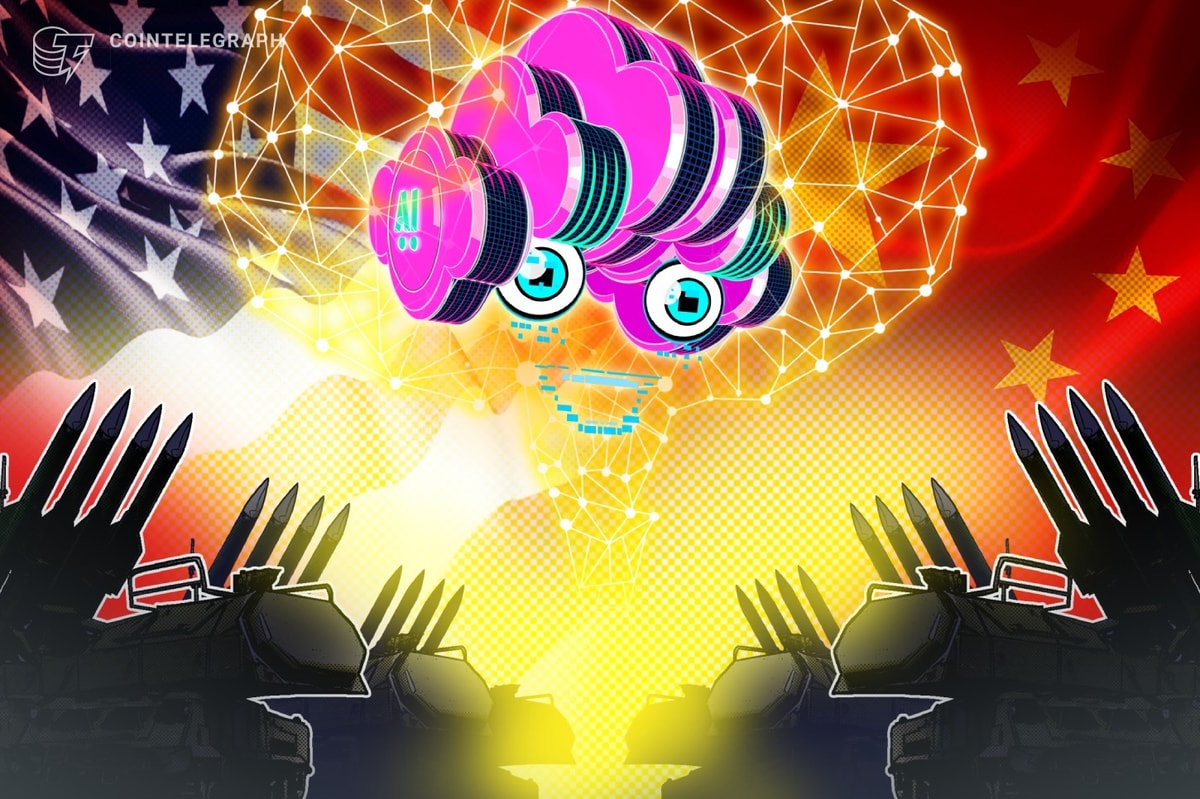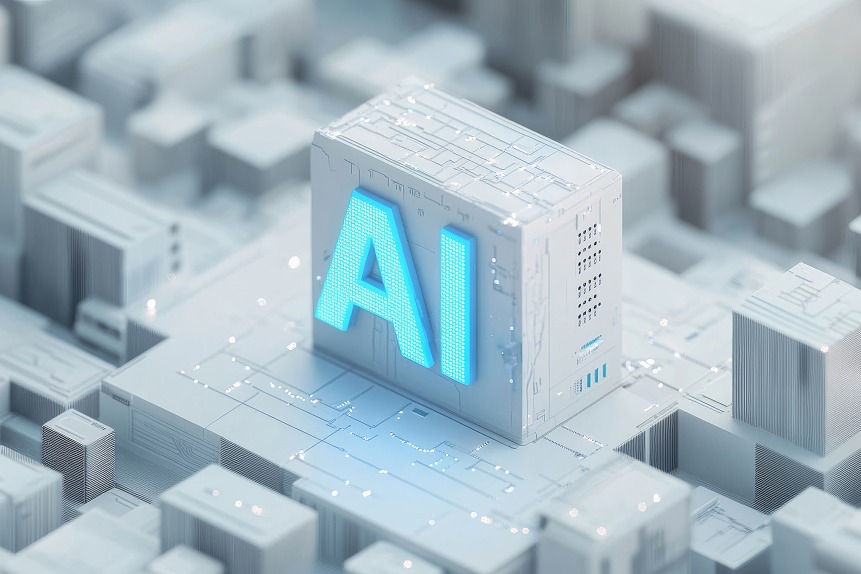Marc Andreessen Declares AI Cold War Between US and China

The primary development of artificial intelligence platforms is currently concentrated in two global powers: China and the United States, according to venture capitalist Marc Andreessen. The co-founder of Andreessen-Horowitz, a prominent VC firm, likens the intense competition to establish dominance in the AI sector to the Cold War, a significant geopolitical rivalry between the United States and the Soviet Union in the latter half of the 20th century. During an interview on the Uncapped Podcast with Jack Altman, Andreessen elaborated on this comparison, stating: "There is a two-horse race. This is shaping up to be the equivalent of what the Cold War was against the Soviet Union in the last century. It is shaping up to be like that." He specifically highlighted China's ambitions to impose its societal organizational ideas globally, suggesting a clash of values in AI development.
Andreessen emphasized that artificial intelligence is poised to become the "future control layer for everything," serving as the essential interface through which human beings will access vital infrastructure and services across diverse sectors, including healthcare, education, transportation, and legal systems. This perspective underscores the profound geopolitical implications of AI, as its underlying values could significantly shape global interaction and control. Andreessen posed a rhetorical question, "If you had a choice between AI with American values versus the Chinese Communist Party values. It is just crystal clear where you would want to go," illustrating the deep ideological divide he perceives in the AI landscape.
Indeed, artificial intelligence continues to be a technological frontier with significant geopolitical ramifications. World leaders, such as former United States President Donald Trump, have publicly committed to positioning their respective nations as global leaders in AI over the coming decades, further intensifying this international competition. Beyond national ambitions, consumer fears and societal concerns regarding the future of civilization in an AI-driven world persist. While a recent paper from tech giant Apple suggested that current AI models are still far from achieving artificial general intelligence (AGI), this has not quelled the alarms sounded by analysts, consumers, and even software developers about the potential dangers of advanced AI.
These potential dangers encompass a broad spectrum of destructive consequences stemming from AI development. These include the widespread displacement of human workers across various industries, the autonomous activation of military weapons platforms, sophisticated cyberattacks orchestrated by rogue machine intelligence, and the subversion of democratic processes through the proliferation of misinformation. Despite some views, like those suggesting AI is beneficial for employment, the persistent anxieties highlight the critical need for careful consideration and responsible development of artificial intelligence, particularly given its central role in future global power dynamics.










